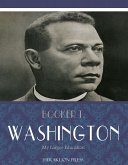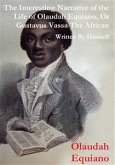The Freedmen's Book, written by Lydia Maria Child, is an important socio-cultural phenomenon of the nineteenth century. It is a text that exemplifies the rich intellectual and discursive history of the African American experience within a predominantly white society. This work provides valuable insight into the struggles experienced by freedmen during this period and offers readers an understanding of how African American culture adapted to new circumstances while maintaining its distinct heritage.








